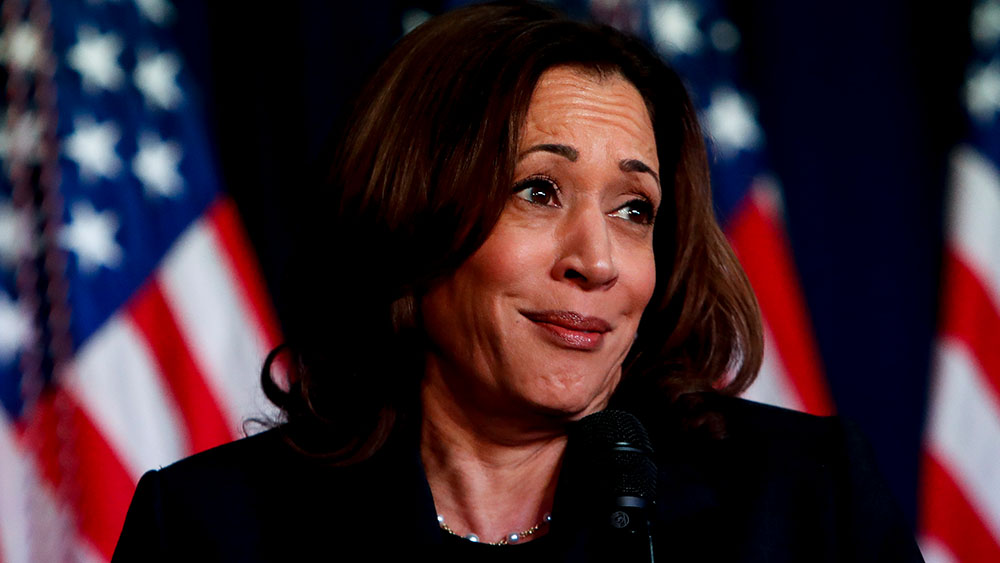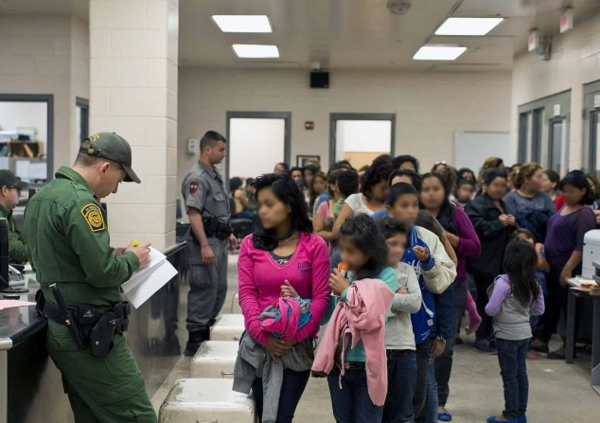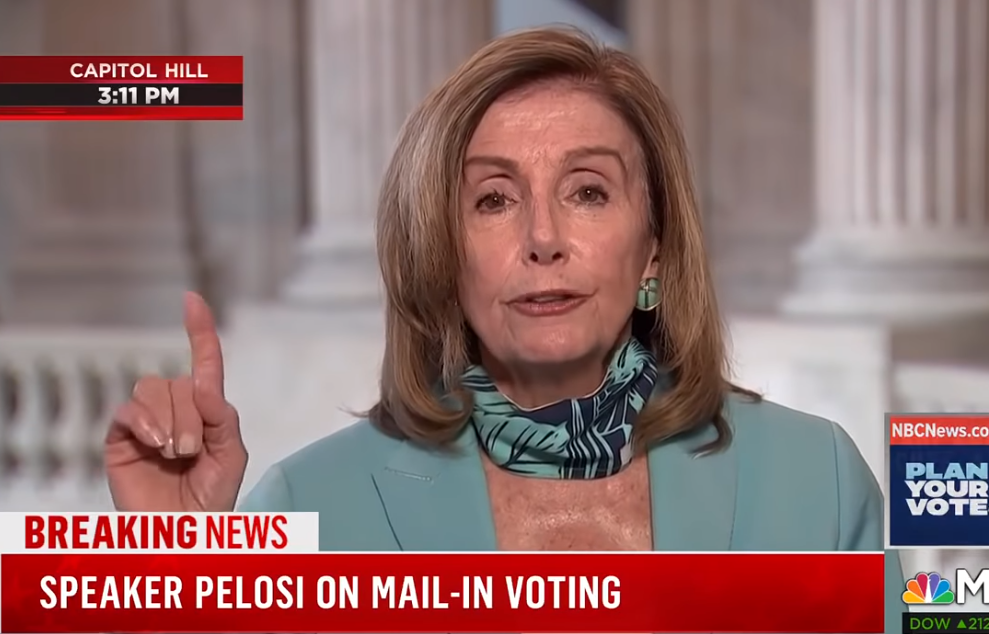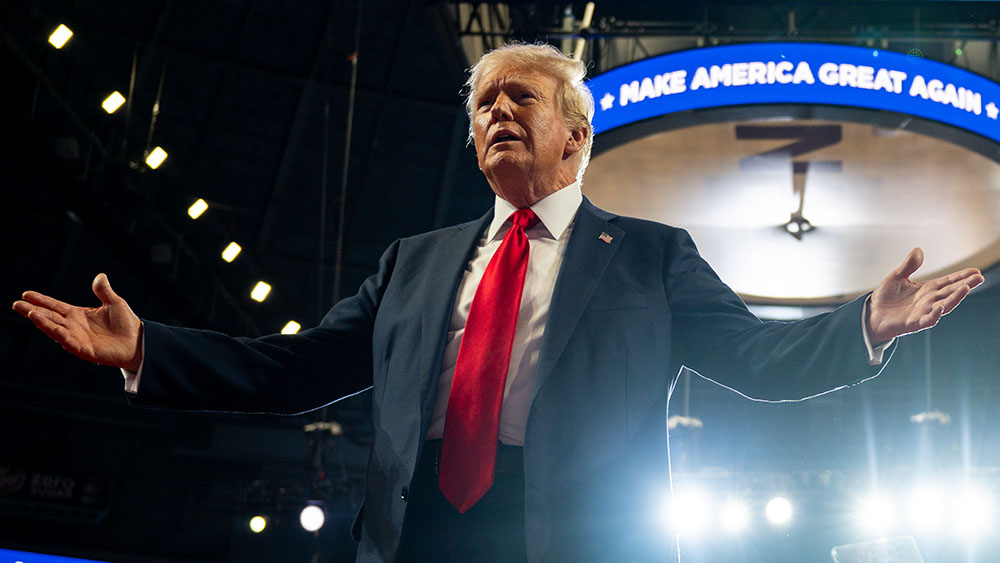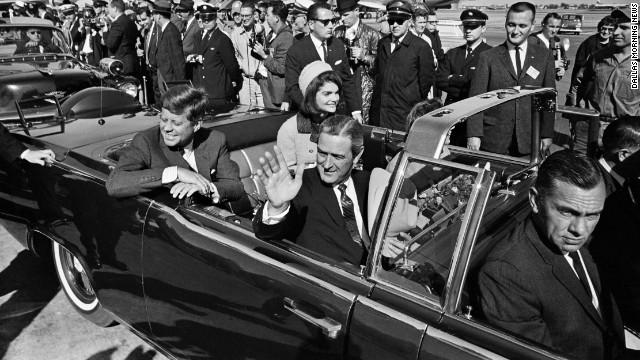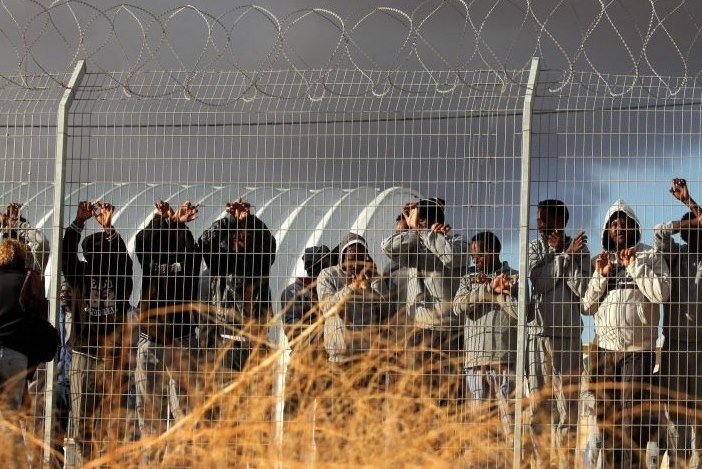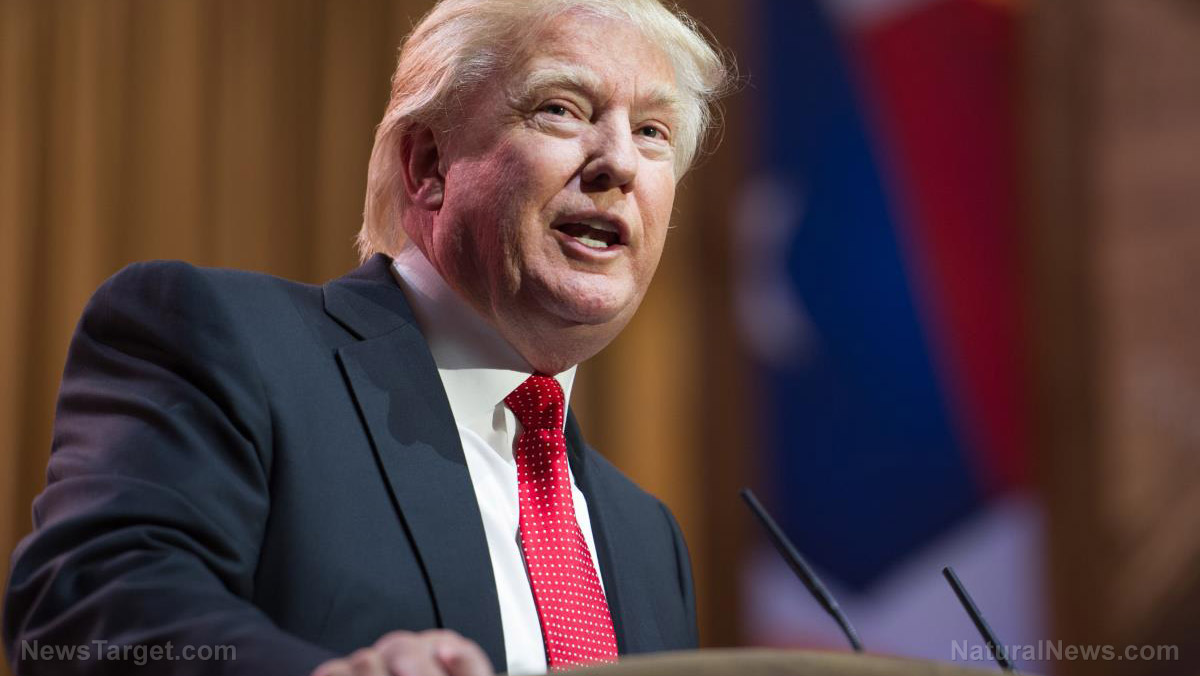Supreme Court partially upholds Arizona law requiring documentary proof of citizenship for state-level voter registration
08/28/2024 / By Laura Harris

The U.S. Supreme Court has partly revived the proof of citizenship voter law in Arizona following the petition of the Republican National Committee (RNC).
Earlier in August, the RNC petitioned the Supreme Court to reinstate key Arizona law provisions that mandate documentary proof of citizenship for voter registration, particularly for those voting in presidential elections and by mail.
This petition came after Phoenix-based District Judge Susan Bolton sided with a lawsuit brought forward by the administration of President Joe Biden and Vice President Kamala Harris in September 2023. The lawsuit argued that Arizona voter law conflicted with the 1993 National Voter Registration Act, which requires states to register voters for federal elections based on a federal registration form that includes a declaration of United States citizenship under penalty of perjury but does not require documentary proof. (Related: Biden judicial nominee said ‘proof of citizenship’ is ‘voter suppression.’)
After a thorough review of the petition, the Supreme Court ruled five in favor and four dissenting to allow for the enforcement of certain provisions requiring proof of citizenship but still rejected the request that could have blocked the 41,352 registered voters without such proof from voting in the upcoming election.
Justices John Roberts, Brett Kavanaugh, Clarence Thomas, Samuel Alito and Neil Gorsuch supported full enforcement of the law. However, Justice Amy Coney Barrett sided with liberal Justices Sonia Sotomayor, Elena Kagan and Ketanji Brown Jackson in rejecting the broader GOP push, which would have implemented more stringent voting restrictions.
In line with this, Arizona Secretary of State Adrian Fontes declared that Arizona counties will now reject state voter registration forms that do not include “documentary proof of citizenship.” The order then permits Arizona to enforce provisions that require proof of citizenship for voters in state and local elections.
However, voters can still register for federal elections, such as those for president and Congress, using a separate federal form that does not require proof of citizenship, only a sworn statement under penalty of perjury.
RNC Chairman Michael Whatley: American elections must be decided by American citizens
The ruling has garnered mixed reactions.
Bruce Spiva, the senior vice president at the Campaign Legal Center, criticized the decision. Spiva stated that it disrupts “established rules just before an election, inevitably leading to voter confusion.” She added: “Free and fair elections rely on every citizen being able to cast a ballot and the fight is far from over.”
Similarly, Democrats contended that preventing Arizonans who had already voted in the presidential primary from participating in the general election would create “chaos and confusion.” They urged the Supreme Court to apply the Purcell principle – a legal doctrine the justices sometimes use to avoid intervening in last-minute election disputes.
“What’s especially surprising about the ruling is the absence of any reference to Purcell – the doctrine the justices usually rely upon to justify keeping federal courts out of contentious ballot disputes as elections draw near,” said Steve Vladeck, a CNN Supreme Court analyst and professor at Georgetown Law School.
“The Court likes to insist on limiting confusion when it comes to these kinds of rulings – and yet here we have three different lineups voting for three different results. If nothing else, that will only reinforce critiques that the justices invoke Purcell selectively.”
However, RNC Chairman Michael Whatley, along with Arizona House Speaker Ben Toma and Senate President Warren Petersen, welcomed the decision. Whatley said: “The Supreme Court ruling is a major victory for election integrity that upholds a simple principle: American elections must be decided by American citizens.”
Former Arizona Gov. Doug Ducey, who signed the legislation in March 2022, echoed a similar statement when he signed the law. At that time, he stated that it struck a balance between ensuring voting accessibility and enhancing election security. “Election integrity means counting every lawful vote and prohibiting any attempt to illegally cast a vote,” Ducey said.
Head over to Rigged.news for similar stories.
Watch this clip of Texas Attorney General Ken Paxton sounding the alarm on illegals voting in the November elections.
This video is from the NewsClips channel on Brighteon.com.
More related stories:
Numerous loopholes now make it easier for illegal aliens to vote in US presidential elections.
Big win for election integrity in PA as court confirms improper absentee ballots won’t be counted.
Sources include:
Submit a correction >>
Tagged Under:
alt-right, Arizona, big government, documentary proof of citizenship, election fraud, election integrity, elections, freedom, left cult, Liberty, politics, progress, proof of citizenship, rational, rigged, Supreme Court, voter fraud, voter registration
This article may contain statements that reflect the opinion of the author
RECENT NEWS & ARTICLES
COPYRIGHT © 2017 NATIONAL SECURITY NEWS



